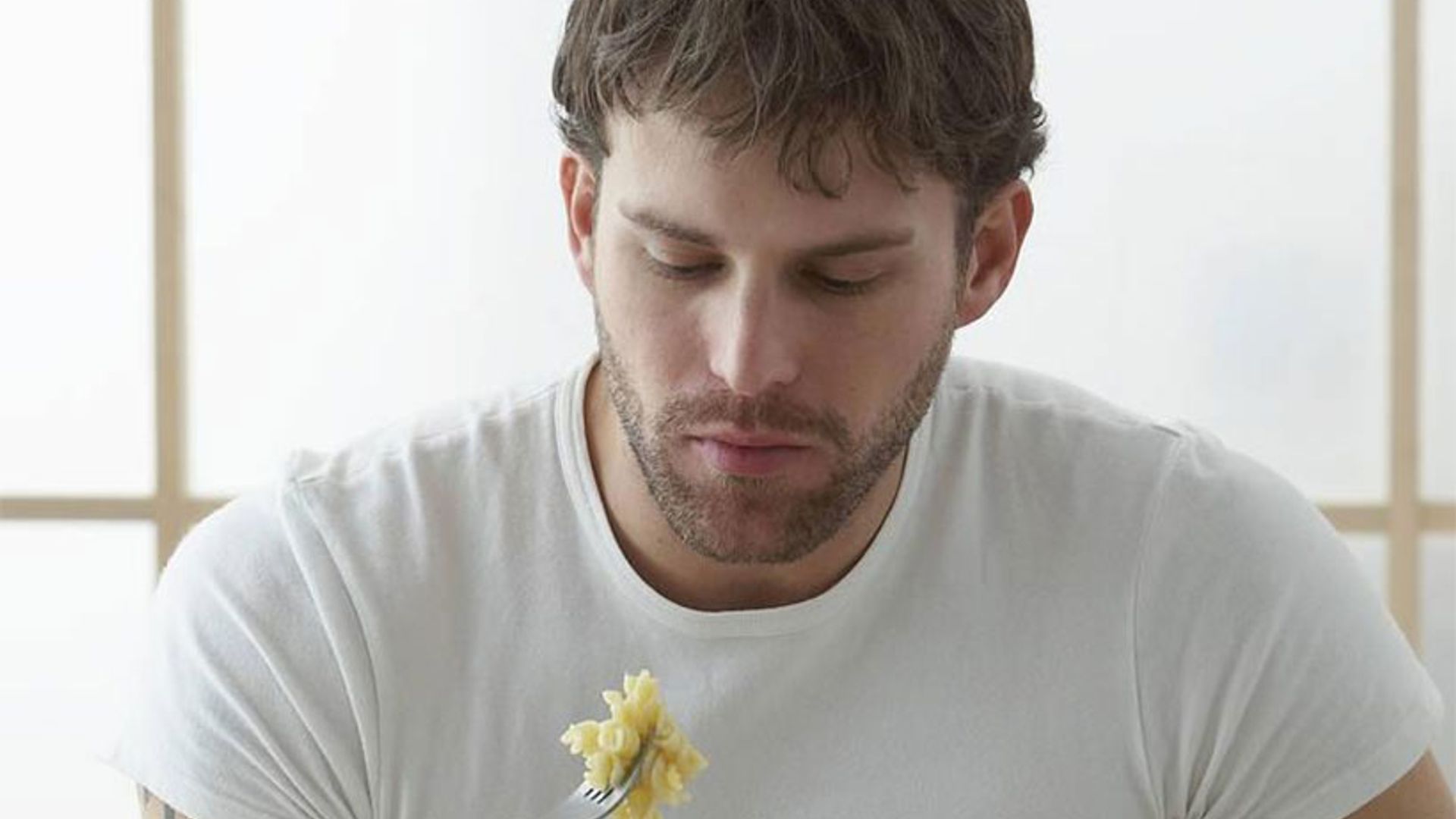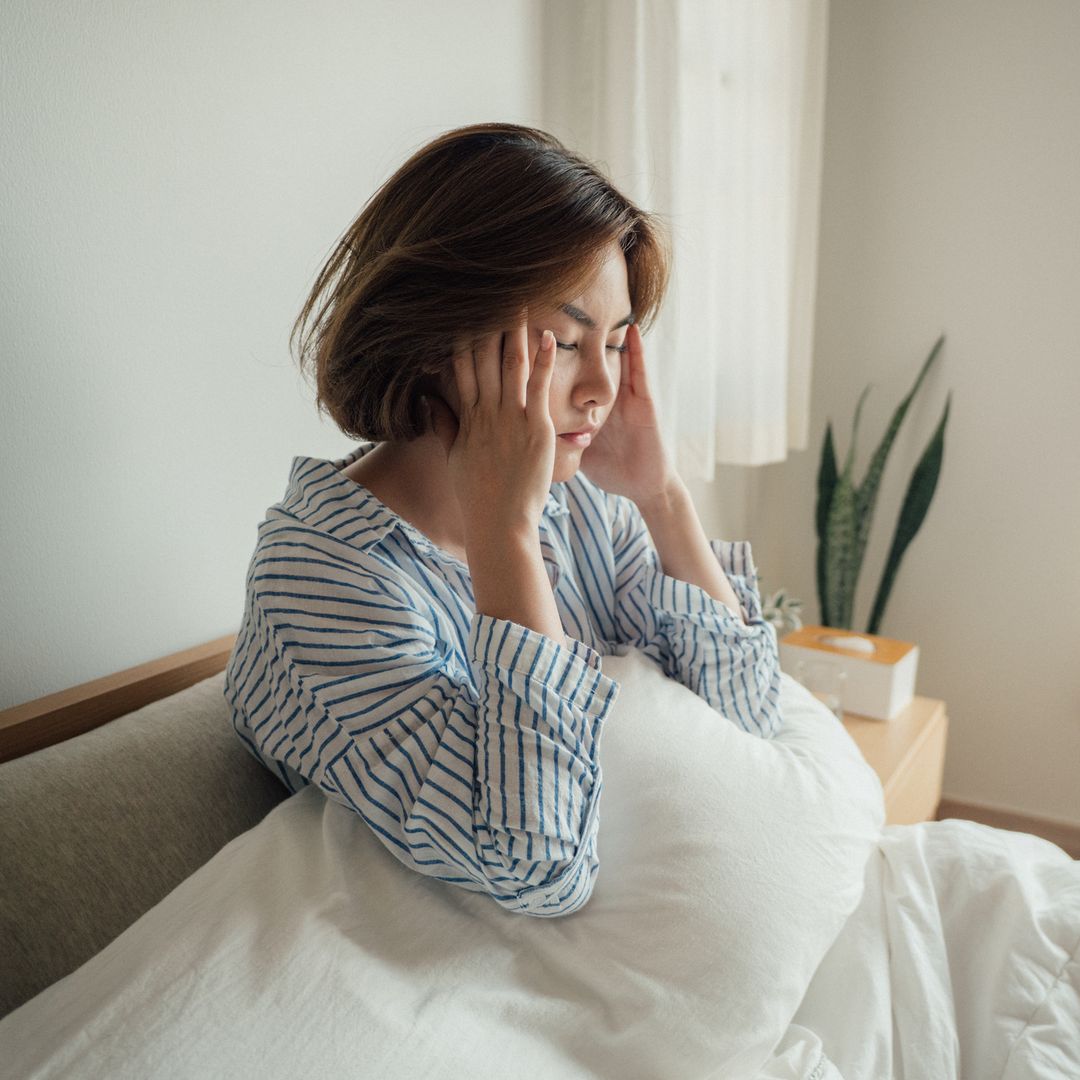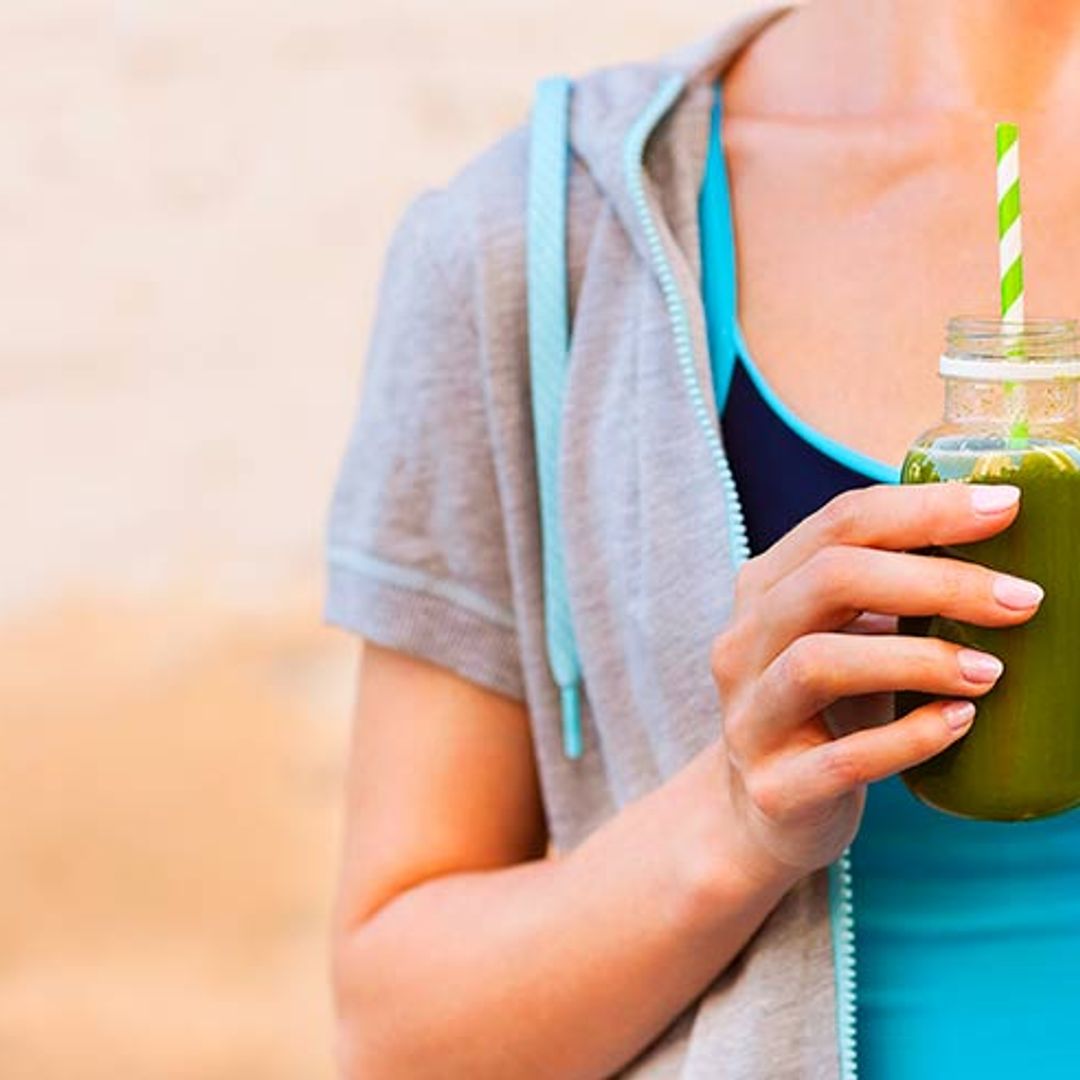Going to a restaurant alone is an occurrence that often divides us; some people wouldn't dare eat out by themselves, while others are quite happy in their own company. However, new research has found that solo suppers, both out and at home, are bad for your health as they can increase your risk of developing a metabolic syndrome such as high blood pressure or high cholesterol, especially in men, a study claims.
For the experiement, researchers from Dongguk University Ilsan Hospital in Seoul, South Korea, analysed 7,725 adults, asking them how often they eat alone and then comparing it to their health. The team also looked at lifestyle factors including smoking, alcohol use, age and the amount someone worked out per week.
STORY: Why trusting your gut is the way forward
Eating alone could affect your health
Results showed that men who ate alone had a 45 per cent increased risk of being obese and are 64 per cent more likely to develop a metabolic syndrome. As for women, it was found they were 29 per cent more likely to develop a metabolic syndrome if they ate alone twice or more per day, though when lifestyle factors were taken into account the percentage was reduced.
Findings have been published in Obesity Research & Clinical Practice, with the team conducting the research to see if there was a link between loneliness and metabolic disorders in an age where more and more people are living on their own. Previous research published in 2013 found that limited contact with others increases a person's overall risk of death over time. It's estimated that more than 27 per cent of the American population lives alone, up from five per cent in 1920.
See the latest health and fitness stories here.










